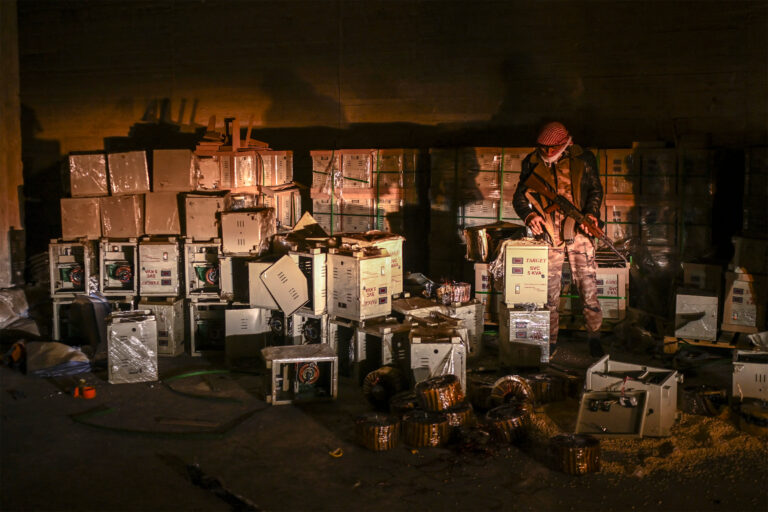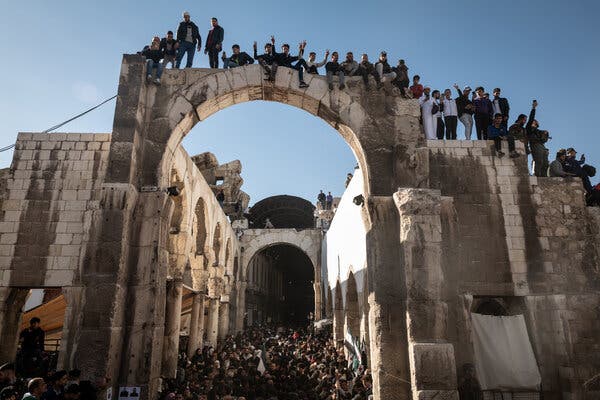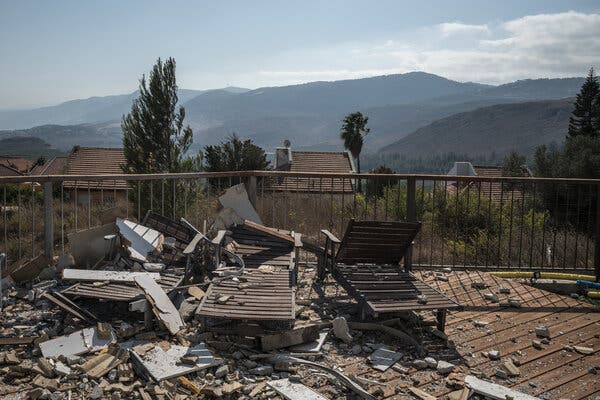Uncertainty surrounds the fate of the Hamas leader’s corpse as experts say Israel will likely try to avoid having his resting place become a shrine.

The death of the Hamas leader Yahya Sinwar was confirmed Thursday by Israeli authorities, but questions remain about the location of his body and what may happen to it in the future.
Mr. Sinwar was killed by a gunshot wound to the head in southern Gaza during a firefight, Dr. Chen Kugel, the director of Israel’s national forensic institute, said in an interview with The New York Times on Friday. Dr. Kugel oversaw the autopsy and, after it was complete, Mr. Sinwar’s body was handed over to the Israeli military, he said. He did not know where it was being kept.
Israel often holds the corpses of Palestinians, hoping to use them in a future exchange with Hamas or other militant groups, just as Hamas has done with the bodies of hostages killed on or after the Hamas-led attack in Israel. It remains to be seen whether Mr. Sinwar’s body will be held, released back to Hamas or otherwise interred.
The Israeli military did not immediately respond to a request for comment.
When asked about an exchange, experts said it is unlikely that Israeli officials would create a situation where his body would be laid to rest in a place that could become a shrine.
“What I would imagine would happen is there will be a secret dignified burial in an undisclosed place,” said Jon B. Alterman, the director of the Middle East program at the Center for Strategic and International Studies in Washington, adding “when bin Laden was killed, he received a dignified Muslim funeral.”
When Osama bin Laden, the mastermind of the Sept. 11, 2001, attacks, was killed in 2011 by U.S. forces, he was quickly buried at sea. That was likely done to avoid the possibility of a shrine, in accordance with Muslim tradition, which requires burial within 24 hours of death.
Dr. Kugel estimated that Mr. Sinwar’s autopsy took place between 24 to 36 hours after death, but he could not specify an exact time.
Mr. Alterman said that Israeli officials likely have robust protocols in place to deal with the deaths of militants. “There will be a huge Israeli effort to make sure there is nothing left to be an object of veneration,” he said.
The burial site will likely be in Israel he said, and Israelis will want to avoid a situation where his supporters could try to claim he was buried in Palestinian territories as a martyr.
When Hamas’s leader, Ismail Haniyeh, was assassinated in Iran in late July, Israelis did not have custody of his body. Mr. Haniyeh was buried in Qatar’s capital city, Doha, where hundreds of mourners reportedly lined the streets as his coffin, draped in a Palestinian flag, passed through the streets.
Aaron Boxerman contributed reporting.
Eve Sampson is a reporter covering international news and a member of the 2024-25 Times Fellowship class, a program for journalists early in their careers. More about Eve Sampson
See more on: Yahya Sinwar, Hamas, Israel-Hamas War News



